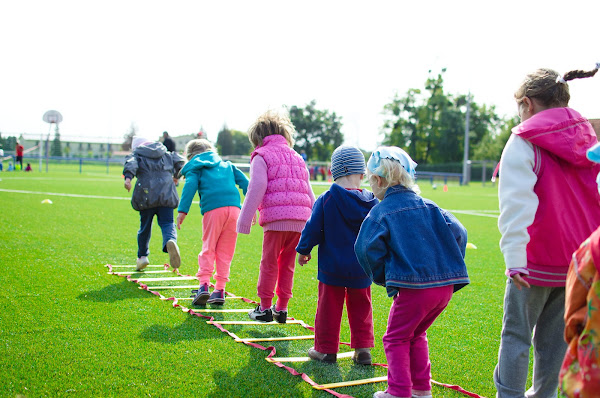Allow play and give them responsibilities
Giving your child time, space, and opportunities to engage in ways relatable to them can contribute significantly to their emotional and social development. There are always opportunities to learn and practice social and emotional skills, whether your kid plays with others or alone. You can participate in pretending, cooperative games, and other activities with your child, but allow them to lead the way. You could also engage them with a few activities around the house. Determine jobs that are appropriate for their age, interests, and abilities. From pet care to gardening, the options are limitless, and your kid will feel appreciated, confident, and secure when they have roles to play around the house.
Ask open-ended questions
Asking open-ended questions encourages kids to think critically, communicate effectively, and express their feelings and thoughts in a safe and supportive environment. You may engage your child in meaningful conversations that promote active listening, empathy, and collaboration by asking open-ended questions. Children who can effectively communicate their feelings and thoughts are more likely to develop positive relationships with peers and adults, navigate social situations successfully, and regulate their emotions healthily. Additionally, open-ended questions encourage children to be creative, curious, and confident, fostering the development of essential social and emotional skills critical for success in school and beyond.
Provide options within constraints
Making judgments is a skill that may be honed through practice. Giving your child options in little aspects of their life may appear insignificant. However, making these tiny decisions at a young age improves executive function and employs the same portions of the brain they will use when making larger decisions later in life. For younger kids, these choices could include selecting a vegetable from the available possibilities to serve with dinner, choosing the clothes they wish to wear, or the book they want to read before bed. Meanwhile, allowing older children to make decisions with potential repercussions may be terrifying, but it is equally, if not more, vital. Such choices could be deciding which electives to take in school, extracurricular activities they wish to engage in, or how they spend their free time after school hours.
Enquire about SEL at school
Schools design Social and Emotional Learning (SEL) programs to help children develop significant social and emotional skills essential for school success. These programs typically teach empathy, self and social awareness, and self-regulation through various activities such as role-playing, group discussions, and mindfulness exercises. By helping children understand and manage their emotions, build positive relationships, and make responsible decisions, SEL programs can improve academic performance, reduce behavior problems, and enhance overall well-being. Fortunately, many private schools create a positive learning atmosphere that supports SEL to help kids develop into confident, capable, and resilient adults.








No comments
Thank you for dropping by! I would love to hear what you thought. :)
Thanks!
♥,
Diana